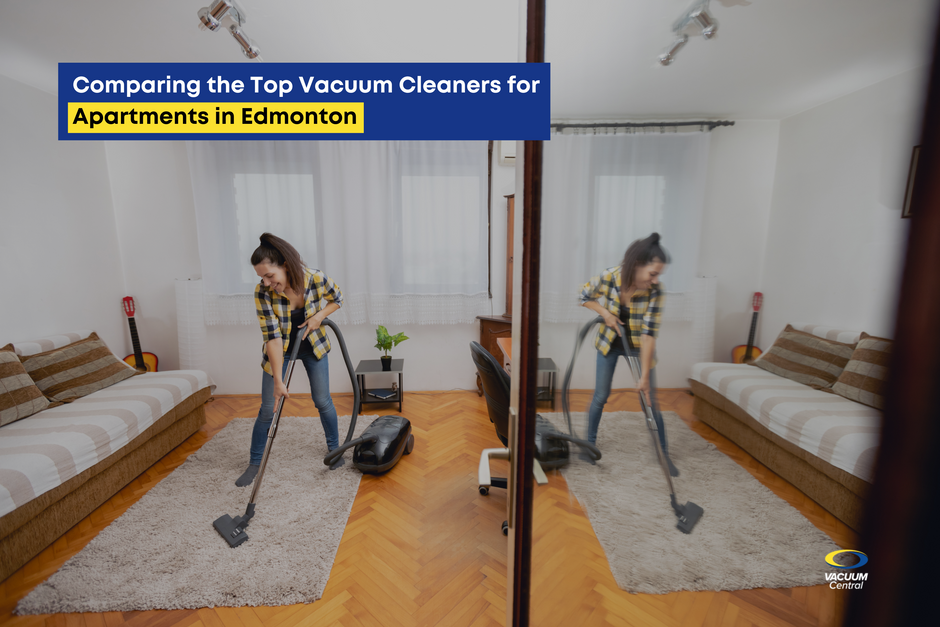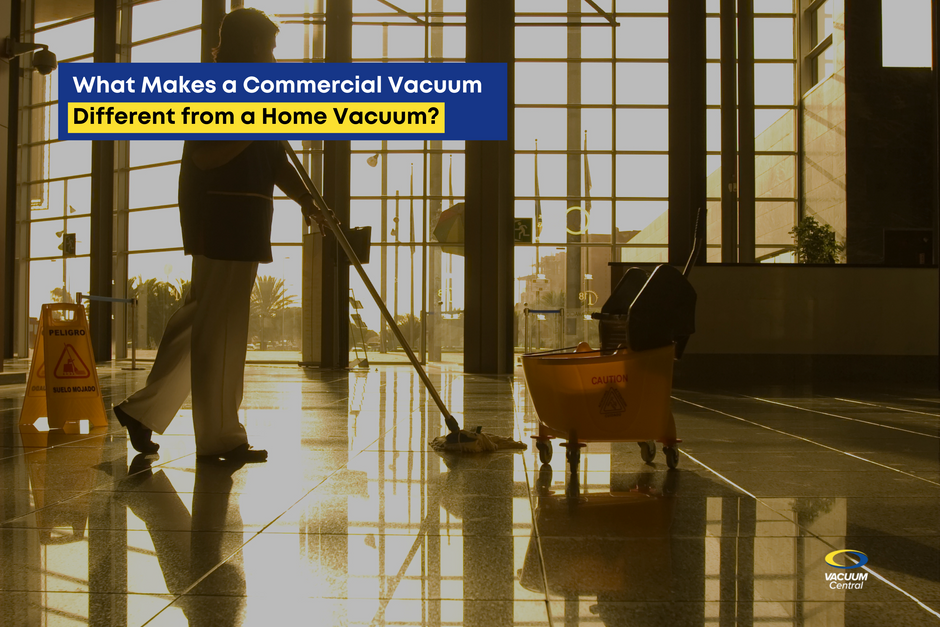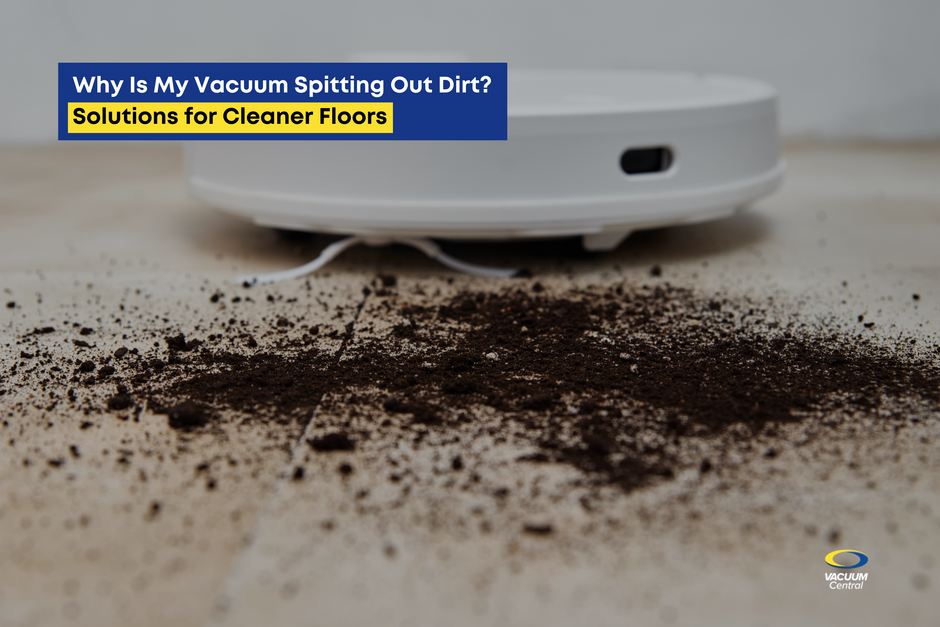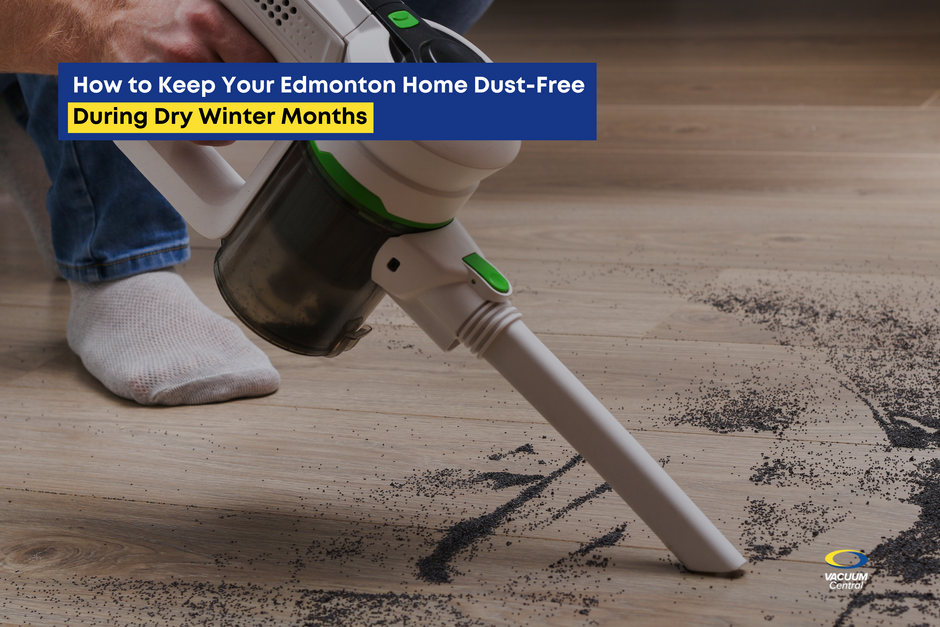When choosing a vacuum cleaner, many believe any model will do the job. However, commercial vacuums differ significantly from home vacuums in terms of durability, performance, and design. At Vacuum Central in Edmonton, we offer a wide selection of vacuums to meet residential and commercial needs. Let’s explore the key differences between these two types of vacuums.
 Heavy-Duty Design
Heavy-Duty Design
Commercial vacuums are built for daily, intense cleaning tasks, ideal for large spaces like offices, hotels, and industrial areas. They have high-capacity motors that provide superior suction power and can run for long periods without overheating or losing efficiency.
In contrast, home vacuums are designed for lighter, less frequent use, such as vacuuming floors in small living spaces. While their motors may be powerful, they aren’t designed for continuous, heavy-duty operation.
Key Difference: Motor Power and Longevity
-
Commercial vacuums: More powerful motors (1,000 to 2,000 watts or more), suited for larger areas.
-
Home vacuums: Less powerful, sufficient for daily home use but not for large debris or prolonged cleaning.
Durability and Build Quality
Commercial vacuums are constructed from high-grade materials like stainless steel and metal, designed to endure heavy wear and tear. They can withstand impacts and rough handling, which are common in busy commercial environments.
On the other hand, home vacuums are typically made of lighter materials like plastic. While they are sturdy enough for domestic use, they won’t hold up in a commercial setting.
Larger Dust Capacity
Commercial vacuums are designed to hold more dust and debris, with larger containers or bags that reduce the need for frequent emptying. This is especially useful in high-traffic environments such as schools or hotels.
Home vacuums, however, have smaller dust capacities. While this is adequate for household use, they require more frequent emptying in larger or high-traffic areas.
Key Difference: Dust Capacity
-
Commercial vacuums: Larger dust bags for extended use.
-
Home vacuums: Smaller capacity, requiring more frequent emptying.
Noise Levels
Commercial vacuums tend to be louder due to their powerful motors. However, some models come with noise-reduction technology, making them suitable for noise-sensitive environments like schools or offices.
Home vacuums are generally quieter, designed for peaceful household settings where noise might be an issue.
Key Difference: Noise Output
-
Commercial vacuums: Typically louder, though some models feature noise-reduction technology.
-
Home vacuums: Quieter, better suited for home environments.
 Versatility and Attachments
Versatility and Attachments
Commercial vacuums often come with a variety of attachments, such as crevice tools, upholstery brushes, and wide floor nozzles. These tools make them versatile enough to clean various surfaces, from carpets to hard floors and upholstery in larger commercial settings.
Home vacuums come with fewer attachments and are generally designed for basic household cleaning tasks, making them less versatile.
Key Difference: Attachments and Versatility
-
Commercial vacuums: A wide range of attachments for specialized cleaning.
-
Home vacuums: Fewer attachments, focusing on general cleaning.
Weight and Maneuverability
Commercial vacuums are heavier due to their durable construction and powerful motors. Despite their weight, many are designed with ergonomic handles and wheels for easy maneuverability across large areas.
In contrast, home vacuums are lighter and more compact, making them easier to store and move around the house. However, they may not be as effective in covering large spaces as commercial vacuums.
Key Difference: Weight and Ease of Use
-
Commercial vacuums: Heavier, but designed for efficient coverage in large areas.
-
Home vacuums: Lightweight and compact, ideal for small spaces and easy storage.
Cost Differences
As with most professional-grade equipment, commercial vacuums are generally more expensive than home vacuums. This reflects their durable construction, powerful suction, and specialized features, making them a long-term investment for businesses.
Home vacuums, while less costly, aren’t designed for high-traffic use. If used in commercial settings, they may require more frequent replacement.
Key Difference: Price and Value
-
Commercial vacuums: Higher upfront cost but designed for long-term, frequent use.
-
Home vacuums: Lower price but may need replacement sooner in high-traffic areas.
At Vacuum Central in Edmonton, we offer a wide range of vacuums tailored to both home and commercial needs. Whether you need a vacuum for a small apartment or a large commercial space, our expert team can help you find the perfect fit. Visit us today to explore our selection and find the right vacuum for your cleaning tasks.
For personalized recommendations and expert advice, feel free to contact us at customercare@discountvacuums.com or 780-484-8656.







